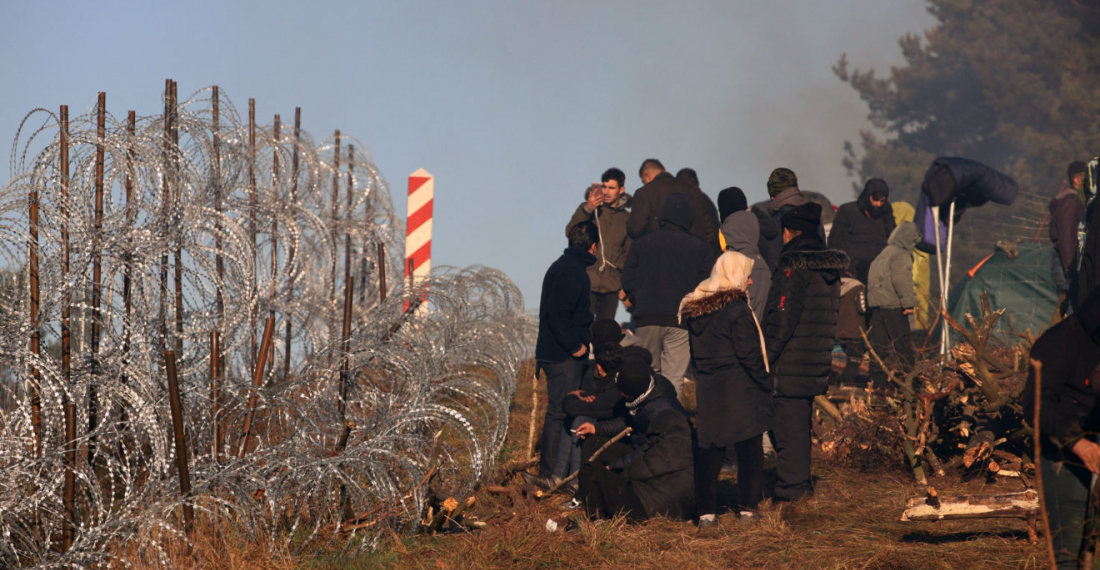The European Union will impose new sanctions on Belarus for the smuggling of thousands of asylum seekers into the EU. EU member states have agreed in principle on this, although ministers still need to ratify this following Monday (15 Novemeber).
The EU already punished the regime of Belarusian President Aleksandr Lukashenko several times last year for the brutal suppression of the protest movement after the national presidential elections in the country.
In revenge for the EU sanctions, Minsk has, according to the EU, for some months now been taking in asylum seekers from Iraq and Syria, among others, and trying to deport them across the union's external border. A new arsenal of sanctions is needed to punish individuals and organisations for this "state-sponsored human trafficking". This was approved by the ambassadors of the EU Member States on Wednesday (10 November), Brussels sources said.
"At the beginning of next week there will be a broadening of sanctions" also agrees President of the European Commission Ursula von der Leyen. "It is important that Lukashenko realises that his behaviour has a price."
The new sanctions are expected to affect state-owned airline Belavia, among others. Other airlines that would have assisted Minsk in the challenged practices may also have to fear this.






